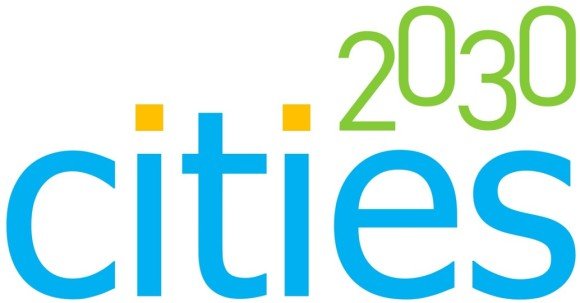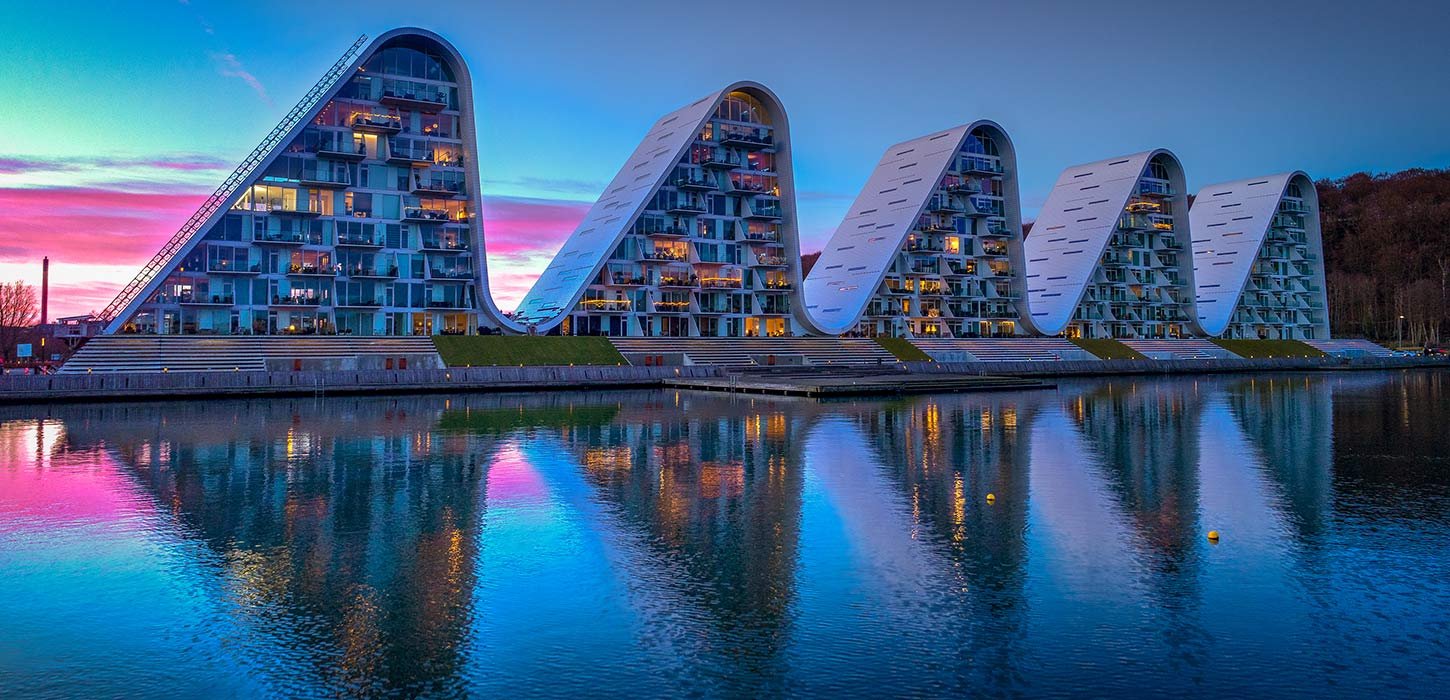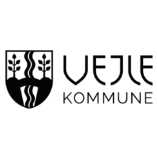Living: Innovation action plan
1. CRFS vision 2030 and challenge statements
CRFS 2030 vision: “In Vejle, we want to show the way towards a more sustainable food system and take the lead in finding solutions that address global challenges – and that work in our local context. A sustainable food system contributes to our municipality’s overall resilience, and we want to actively use our municipal platform to stimulate new solutions and innovation”.
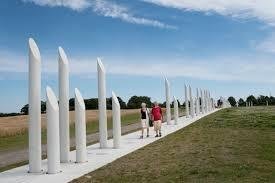
Challenges:
-
In Vejle, as in many other places, we currently have too much food waste.
-
We also consume foods and diets that are produced unsustainably.
-
And, we are part of a food culture that contributes to more people suffering from lifestyle diseases, such as obesity and diabetes. There is a big difference in how citizens and social groups relate to food and sustainability. It is about knowledge, about skills, culture and socio-economic position.
2. Collaboration with stakeholders
Mobilisation of networks and partners: Engaging different stakeholders and involving them in activities help to define and shape experiments, based on their knowledge and understanding of needs. To strengthen and connect our current collaborations and networks. Dialogue on policy and strategy levers: Involve public actors across our municipal administration, and seek to place the sustainable food system high on our political agenda. We work on a regional level and national strategic forums. Experiments and innovation: We want to work towards tangible solutions that take us forward. We do so by stimulating iterative development processes with stakeholders that are related to our identified topics and interests.
There is a focus on creating Active synergy between politics and strategy on the one hand, and experiments and innovation on the other hand. It is through results and tangible solutions that we take actual steps to implement change.
3. Living Lab resources
To replicate the planned experiments that take place in the Cities2030 project, we need additional funding. There is a great demand for working with creativity and innovation among school students. We see a great effect and great potential in cooking competitions, where the best chefs work innovatively with local producers and local ingredients. It has great significance for restaurants and professional kitchens. On that note, we find it relevant to replicate the projects.
The total project team consists of: Per Mandrup, food expert and network manager with responsibility for mobilising and engaging external and internal stakeholders. Per has a background in both gastronomy (a trained chef) and with technological and business service to food companies. He is also an experienced teacher. Per is the daily manager of Culinary Institute. Ida Haarby Drevald, knowledge and activity manager with responsibility for coordinating Living Lab activities, including planning, holding and documentation. Ida has recently completed a masters degree in pedagogy and, as a trained teacher, is experienced in facilitating learning and handling group dynamics. Maibrit Lajgaard, quality manager and project controller with responsibility for finance and compliance, as well as possible synergy with other projects. Maibrit is a trained engineer in business development and experienced with both company acceleration, green business models and project management. Morten Damgaard ensures the strategic integration of the project in the municipality’s political work and promotes political visibility of the sustainable food system agenda. As the executive director of the department, he will lead the signing of the mayor’s declaration MUFPP.
4. Living Lab experiments
1. “Vejle championships in hotdogs”: Competition for elementary school students. The purpose of the competition is to get the students to rethink the classic hotdog based on the criteria: climate, health and taste. The students get the opportunity to express their creativity and innovation. The competition also provides learning material that the teachers can use in class. The purpose of the event is to strengthen the students’ understanding of the climate and
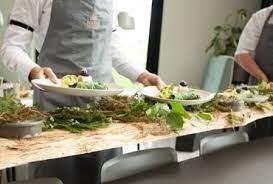
their ability to explore their innovative sides. The main goal is to get the students to think and understand more about climate-friendly food. In addition, we also work with local sponsors, which means that we can highlight local producers through the event.
Cities2030 Specific objective: 1. Secure healthy and sustainable food 2. Develop food culture and skills. Thematic group: 1. Consumption 2. Ecosystem service 3. Production.
Target groups: School pupils in Vejle Municipality
The monitoring system: We can’t measure CO2 emissions directly in the short term. We can measure interaction on our SOMe and websites via google analytic
Timeframe: Idea phase: February – March 2022 Build: March – May 2022 Implementation / monitoring: June 2022 (The event was hosted the 11 June 2022) Learn: June – July 2022 We will repeat the event in Jun. 2023.
2. "The inlet on the table": “Fjorden på bordet” / “The inlet on the table” is an event that takes place several times in different locations. For the event, we are handing out taste samples of soup made from invasive species from Vejle Fjord (Vejle inlet). For the event, we collaborate with local associations. At the event, we bring the message that the ecosystem in Vejle. Fjord (Vejle inlet) is very challenged. We present the general citizen with an innovative idea for how to solve the problems in Vejle Fjord. The purpose of the event is to inspire others on how we can improve the ecosystem in Vejle Fjord (Inlet). It can both be referred to companies and others.
Cities2030 Specific objective: 1. Enhance circularity and local food belts 2. Develop culture skills. Thematic group: 1. Productions 2. Markets 3. Consumptions.
Target groups: Politicians, companies + the general citizen.
The monitoring system: Same as the first experiment
Timeframe: The event was hosted over the period 13 June to 2 September. 2022. The preparation already took place in May 2022. We will repeat the event in January 2023
3. "Local Cooking": Local Cooking is a cooking competition where local chefs from the Triangle Region have to cook the best dish with local ingredients. Through storytelling, the chefs have to give the judges a well thought and thrilling description of the dish and the choices behind it. The goal is to spread the message in the culinary field to use more local ingredients and emphasise the farmers and their work.
Cities2030 Specific objective: 1. Secure healthy and sustainable food 2. Develop food 3. Culture and skills. Thematic group: 1. Consumption 2. Ecosystem service 3. Inclusion equity.
Target groups: Chefs, Culinary Students of restaurants.
The monitoring system: Same as the first experiment.
Timeframe: Idea phase: April 2022 Build: May – June – July - 2022 Implementation/ monitoring: August (The Event was hosted the 28 of August) Learn: September 2022 We will repeat the event in August 2023.
4. "Christmas Calendar about food waste": The Christmas calendar consists of 24 sections, where each section contains a food waste tip that shows how you can use leftovers from Christmas. The purpose is to spread the message about avoiding food waste at Christmas time. Improve the circular economy.
Cities2030 Specific objective: 1. Enhance circularity and local food belts 2. Develop food 3. Culture and skills. Thematic group: 1. Waste 2. Production.
Target groups: Professional kitchens, public kitchens, ordinary citizen.
The monitoring system: Same as the first experiment.
Timeframe: We already started last year and will continue the production of videos in Oct. and Nov. 2022 and show them on our Instagram in December 2022.
5. "Gastro Days": Gastro days is a series of events aimed at employees in Food Service. The employees are going to be introduced to a number of local producers and chefs who will inspire them to work more sustainably. The purpose is the create sustainable kitchens in public institutions, nursing homes and canteens in Vejle.
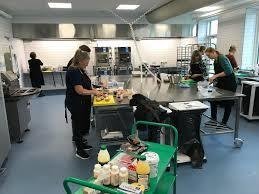
Cities2030 Specific objective: 1. Secure healthy and sustainable food 2. Develop food culture and skills. Thematic group: 1. Production 2. Waste 3. Consumption.
Target groups: Professional kitchens, public kitchens.
The monitoring system: Same as the first experiment.
Timeframe: Idea phase: Sep. Okt. 2022 Build: May – Nov. 2022 Implementation / monitoring: 2023 Learn: Jan. 2024.
5. Other Living Lab's measures
The Potato Week (week 42, oct.): A campaign where all public kitchens must serve potatoes instead of pasta and rice + activities with children about potatoes. The Potato Award 2022 (23 oct.): A large and recognized cooking competition for the best chefs in Denmark. The chefs must serve a starter, main course and dessert where the potato is at the centre of the dish. Climate day in Vejle (Jan. 2023)
6. SMART Goals
Specific: Our goals are contributing towards given targets for climate action and sustainable growth. Food as climate action: Vejle wants to reduce the Co2 emission from unsustainable food production and consumption. We want to impact through:
- Awareness and knowledge on how to live and consume climate friendly food. Food and sustainable growth: Vejle wants to be a spearhead for a future fit food industry and show how sustainable food is a sound business idea.
- Local food products and short supply-chains.
- Food and social resilience: Vejle wants to ensure that food is a part of our local identity and social cohesion.
- Food skills for all.
Measurable: We have better knowledge about climate-friendly food. We have new ideas for how we use local ingredients in restaurants and professional kitchens.
We have some concrete skills for how to solve food waste and improve the ecosystem in Vejle Fjord.
Achievable: The goals are attractive because we are in a situation where we have to act on more sustainable food systems.
Realistic: We use our skills, network and know-how.
Timely: We spend the next two years doing Cities2030 activities, but continue to work with the goals.
7. Communication, dissemination and exploitation
All experiments are disseminated on the Culinary Institute’s website: https://culinaryinstitute.dk/ and social media: Instagram, Facebook, Youtube and Linkedin. Through this, we can see how many people it reaches via Google Analytics.
8. Continuity- and scale-up measures
We would like to expand the experiments, which can be done by searching for national funds.
We could host “Fjorden på bordet” in several cities. We could spread the “VM in hotdog” to all schools in the country. We could make a new “Christmas calendar about food waste” every year or disseminate it on several holidays, for example Easter. We could make the Potato Award bigger with chefs from the Nordic countries. We could make the Potato Week a national event.
9. Risk assessment
There is a risk that the experiments cannot be repeated, due to time and money. We can also risk that there is not a good connection to the experiments. There may be a risk that there are no longer any problems in the fjord.
